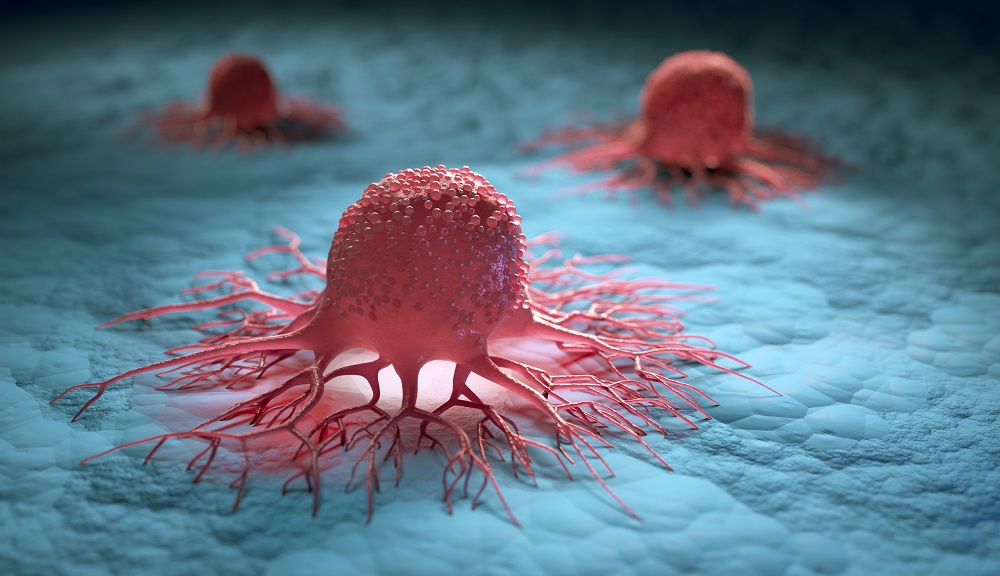Zantac, with the generic name of ranitidine, used to be a prescription medication. However, an over-the-counter version was released because it displayed no known significant adverse effects even after years of existence in the market. This medication is a histamine-2 blocker, which means that it reduces the amount of gastric acid production by blocking histamine.
Zantac was a popular medication for gastric ulcers, heartburn, Zollinger-Ellison syndrome, and gastroesophageal reflux disease or GERD, that is, until the Food and Drug Administration or FDA asked for its total recall because of the cancer risk it poses. But how could a person get cancer from taking Zantac? In this post, find out how Zantac or ranitidine can cause cancer.
NDMA In Zantac Is Linked To Cancer
A potentially harmful chemical, known as N-nitrosodimethylamine or NDMA, was detected and is believed to be the cause of cancer from Zantac. The FDA reported in September 2019 that several generic, brand-name, and heartburn medications contain small amounts of NDMA. A thorough investigation was conducted to check whether the relatively low levels of NDMA found in ranitidine medicines, like Zantac, can potentially pose any health risks.
The World Health Organization (WHO) has declared that exposure to high NDMA levels can lead to gastric or colorectal cancer. Usually, NDMA can be found in water, which is considered an environmental contaminant and finds its way into vegetables, dairy, and meat. This contaminant is classified as a B2 carcinogen, which is a probable human carcinogen that is extremely toxic, and may cause liver damage. The chlorination of waste and drinking water in treatment plants to purify water unintentionally creates NDMA. Also, NDMA is a byproduct of many industrial manufacturing processes.
Here are the findings of the FDA investigation:
- Based on the preliminary test, the NDMA levels in ranitidine medicines hardly exceed amounts one normally comes across in common foods.
- Dr. Janet Woodcock, who is a director at the Center for Drug Evaluation and Research of FDA, said that Zantac doesn’t cause stomach impurity.
- The length of time that the product has been stored may compromise consumer health and safety. Drug Injury News agrees with FDA that quality must be assured first to ensure that the shelf life of the drug won’t increase or alter the NDMA content in any way.
NDMA Is Carcinogenic To Humans
The concern with exposure to NDMA is its potential to cause cancer, even when it is present in trace amounts. There’s a higher chance of developing cancer, liver disease, and other health problems with longer exposure to this carcinogen.

Here are the findings of a report:
- While the FDA findings show that Zantac only has low levels of NDMA, animal studies have shown acute and chronic NDMA effects. This compound, when administered orally or via inhalation, is acutely toxic to rats. Also, it induces hepatotoxicity or liver damage in other laboratory species.
- Short-term and medium-term exposures that range from 5 days up to 12 weeks are linked with negative liver or hepatic effects in different animal species. While alcoholism or alcohol addiction may predispose a person to liver disease, exposure to toxic drugs like ranitidine even with trace NDMA amounts, can further aggravate any existing liver problem.
- Gastrointestinal bleeding was seen in other animal studies, including harmful effects on the lungs, spleen, kidneys, and heart muscle or myocardium after several weeks of administration.
- Ingestion of food and drinking water with NDMA increased the risk of rodents to Leydig cell and liver tumors.
Chances Of Getting Cancer
Because of NDMA exposure, it is suspected that people with medical conditions who are taking ranitidine have increased risk of developing cancer, such as cancer of the lungs, pancreas, kidney, liver, bladder, tongue, and esophagus. That’s why it’s crucial to discuss your concerns with your doctor.
Here are the things you can expect from your doctor’s appointment in terms of knowing your chances of getting cancer from Zantac:
- With a thorough assessment or medical evaluation, including a history of taking ranitidine, your doctor can explain your chances of getting cancer. While there’s no surefire formula to determine cancer risk, animal testing shows that higher NDMA doses and longer exposures increase the risk of getting cancer.
- Your doctor would run several tests including a liver function test, which is used to evaluate the bile duct system and measure enzymes released by the liver in response to toxicity, disease, and damage. Also, it measures how well the organ creates albumin and disposes of bilirubin or protein components.
Conclusion
Everyone who took ranitidine or Zantac has valid concerns because of the recently reported findings of the FDA. It is believed that NDMA found in Zantac, even in small doses, can potentially cause cancer because of the unreliability of NDMA levels when the drug is stored for a certain period of time. While initial findings suggest that Zantac doesn’t cause stomach impurity, further studies are being conducted to ensure public health and safety.

Leave a Reply